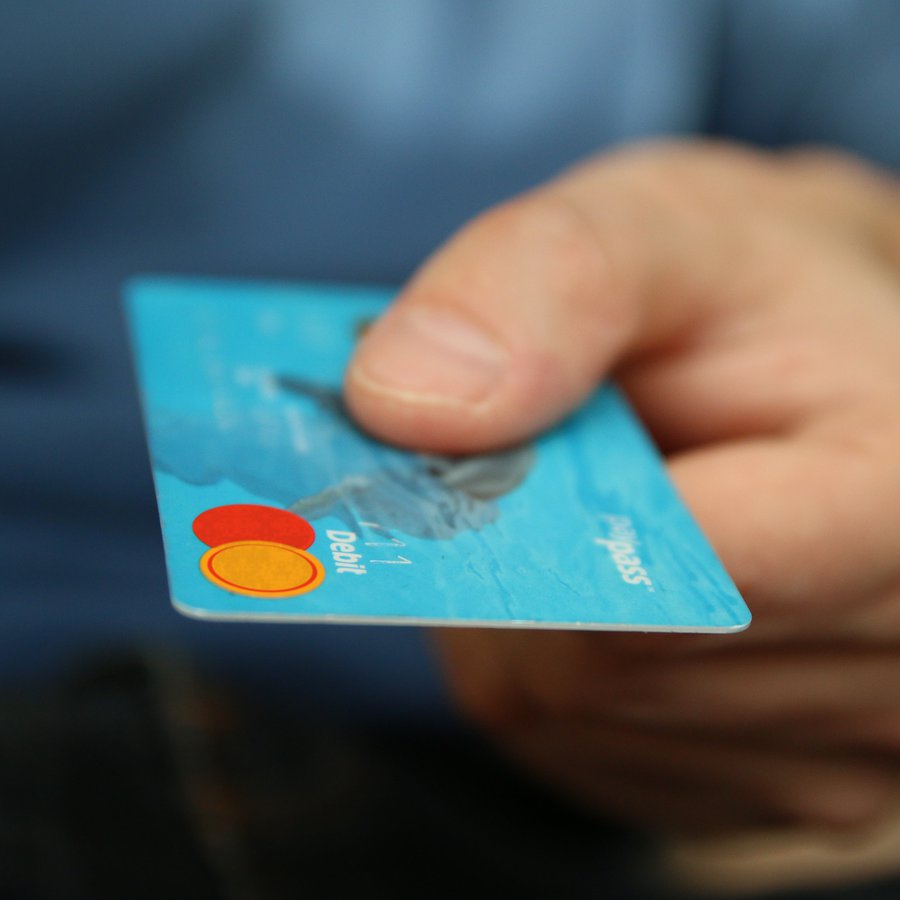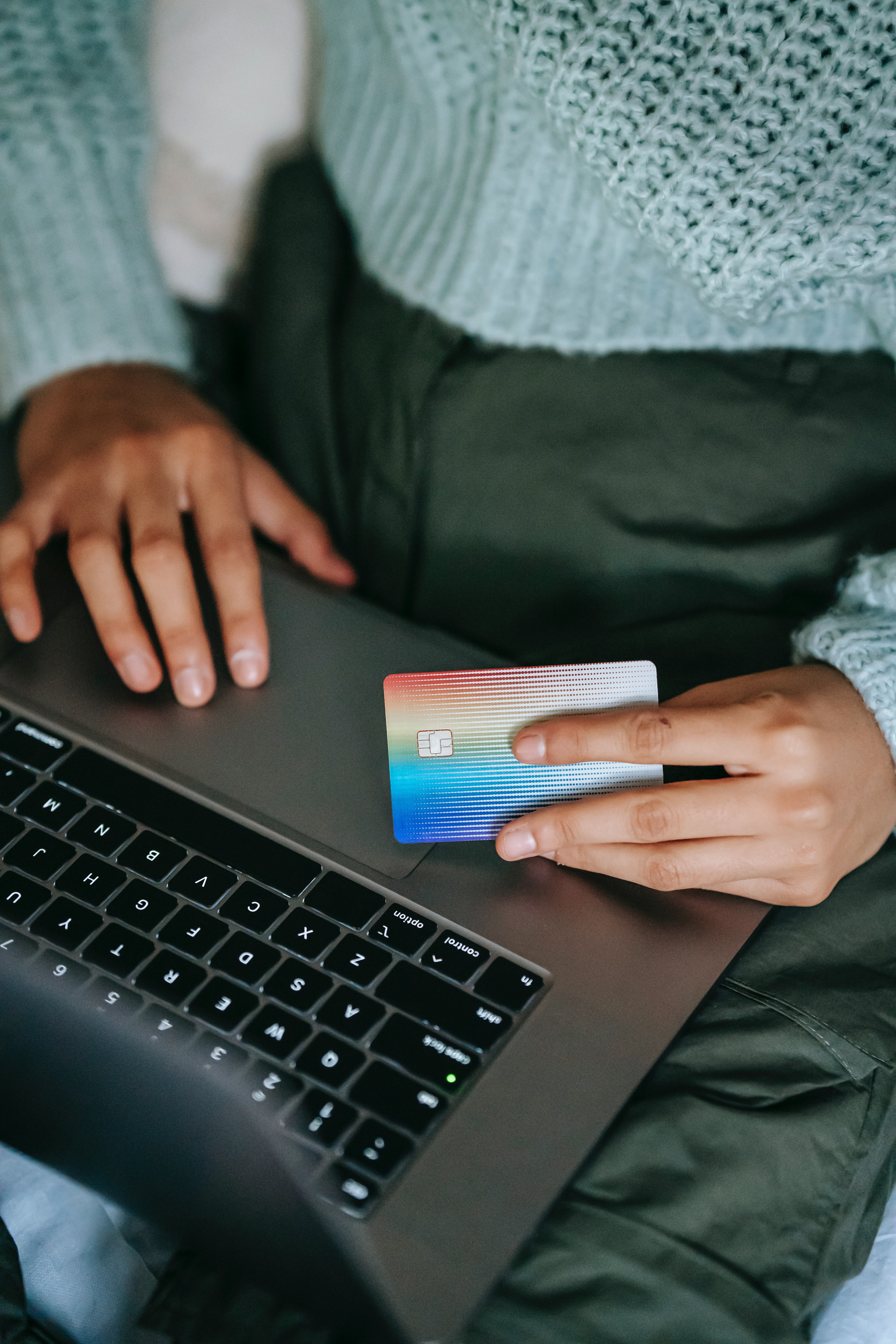7 Questions you need to Ask Yourself before Getting a Credit Card
6 minuteRead

According to a recent survey, 51% of people do not feel confident opening up a credit card. Of course, it’s a handy tool in this cashless economy. However, as much as credit cards are a blessing, they can be a curse. It’s all about using it mindfully. While it represents great financial power, it can also lead to irresponsible usage and management. In today’s world, e-wallets and plastic money have replaced hard cash. Especially, in the post-pandemic world where everybody aims at making cashless transactions a trend.
We’re pretty sure you’ve been through instances where the best credit card companies have called and persuaded you to become their customers. While most of the time you simply toss away the applications, sometimes an offer does catch the eye, isn’t it?
Whether you apply for an HDFC credit card, SBI credit card or any other bank card, there are things to know and questions you must ask yourself.
Before you take the plunge, find out if you have enough reasons to justify the same.

Questions to Ask Yourself before Applying for a Credit Card
- Do I really need a credit card?
You must be able to convince yourself why you really need that credit card? Do you need it to manage your bills, shop things online or are you simply tempted by the perks and rewards (airport lounge access) a credit card offers? Determine why the card will benefit you in the first place. The more legit your reason is, the easier it will be for you to place restrictions on your credit card. Remember, you will be required to pay the balance in full each month.
Another reason some people consider getting a credit card is in case they have big purchases lined up. This makes it easier for them to purchase goods and other lifestyle products without taking a loan or withdrawing money from their savings account. This also gives them a chance to earn interest until their next billing cycle and pay off the amount in full once they’re done with their purchases.
Credit cards are also a boon if you travel frequently. You won’t be required to carry cash around and can swipe it for all your purchases. However, at every step, you need to keep your budget in mind. It may be easy to buy a swanky pair of shoes on your card at that very moment, but the real pinch will be when you have to repay the money.
- Do I have enough income to pay off the monthly credit card bill?
This is one of the most important credit card questions you need to ask yourself. A common misconception most credit card owners have is that having a card offers “free” money. Well, this is not really the case. With a credit card you only temporarily get to enjoy the money you don’t have yet. This is good when it’s an emergency. However, when you get used to a credit card and the fact that you don’t have to pay at that moment, you can become an over-spender and may tend to splurge on things you don’t really need. For example, on a night out with your friends, you may tend to get carried away and offer to pay the bill with your credit card. At that moment, it may seem nice. It’s only when the credit card bill comes you may be in for a shock.
Therefore, if you’re not sure if you can pay the monthly bill on time, hold off your application for the time being.
Also, unpaid credit card bills attract high interest rates. You may have to pay as high as 40% interest annually. Plus, be prepared to pay collection charges, late fees and any other supplement charges.
- What is the interest rate?
Your credit card bill is raised at the end of each month. If you don’t pay your balance in time, it will begin to accrue an interest. Therefore, you have to make a sensible decision. If this sounds like something you might do, look for a “no-frills” credit card.
Credit card companies lure customers by offering rewards, perks and other benefits. It might sound enticing. However, these are the cards that have high interest rates and fees. Therefore, try and get a credit card that has a low interest rate. Also, watch out for fraudsters that might lure you with an introductory interest rate only to find out the actual rate later. In certain cases, it might even jump to 15-20% higher. Make it a point to find out the rate after the introductory offer expires.
- Will I be approved and is my credit score good enough?
As tempting as it might seem to get a credit card, it’s not necessary you will get one. When you apply for one, the credit card issuer will check your credit score to see if it matches certain parameters. They will check your credit score to see your past track record, the number and balances. Based on these factors, they will determine if you will be able to make payments or not. Only if you have a stable income and a great track record with payments, they will consider you a trustworthy borrower and give you a card. If you have a poor score, your chances of getting a credit card look remote.
Here are some ways you can improve your credit score:
- Don’t apply for a credit card if you know your application won’t be approved
- Pay credit balances if you have any
- Stay on top of all your payments
- What is the credit limit?
A credit limit is the amount of money a credit card company is willing to let you borrow. They determine your credit based on various parameters and factors. When you apply for a credit card, always know your credit limit. This will help you stay well below it. Most companies often start with a low credit limit in order to minimise the risk. Based on your paying and card usage behaviour later, they increase or further decrease your credit limit. Therefore, once you get your card, if you want to enjoy a good credit limit, make sure you pay your dues on time.
Remember to always maintain your debt-to-income ratio. This always looks good in the eyes of lenders and is a great way to maintain a healthy credit score.
- What are the different rates and fees involved?
Always remember, credit card companies need an excuse to make money off you. Therefore, even before getting a credit card, find out the different penalties and fees involved. You don’t want to be fooled later on. Here are some of the common fees accrued by most companies:
- Annual Fee: This is a fee a cardholder is charged on a yearly basis. It is always better to do your research and find a card without an annual fee. A safe place to start is by asking your existing bank the different kinds of credit cards they offer.
- Annual Percentage Rates: This is an interest rate you’re likely to pay on balances you carry from month to month. Before getting one, check what the existing rate is on different types of balances. Common charges include fee on balance transfers and cash advances. There are also certain penalty charges for paying your bill late or exceeding your credit limit. Look for cards that have reasonable fees. Also, check if your credit card offers easy EMI options.
- Foreign Transaction Fees: Certain credit cards also levy an additional charge when the card is used outside the country. Make sure you find out what percentage of the amount charged do they levy.
- Late Fee: Even if you pay your credit card bill late by a day, be prepared to pay an additional “late fee”.
Be mindful of these hidden fees and rates so that you’re not fooled later.
- What are the rewards offered?
Lastly, an important reason most youngsters choose to get a credit card is due to the enticing rewards and cashbacks they offer. Find a credit card that aligns with your needs and has offers on things you’re interested in buying. The best credit cards are those that have offers on shopping, cashback, hotel bookings, gift cards, flight tickets and ecommerce. Also, do check how many times in a month you can redeem these rewards, offers and benefits. They usually limit the usage to a particular day in a month.

Getting your first credit card is a huge milestone. It may seem exciting. However, it is definitely not an easy task to go with. Before even filling the application and completing all the formalities, you’ve got to understand how a credit card actually works and read all the terms and conditions related to it. Understanding all the different possibilities will help you save money as well as build a good credit score in the future.
Have we left anything out? We’d love to hear your thoughts in the comments section below.
Write, Record and Answer! Consume Unlimited Content! All you need to do is sign in and its absolutely free!
Continue with one click!!By signing up, you agree to our Terms and Conditions and Privacy Policy.










